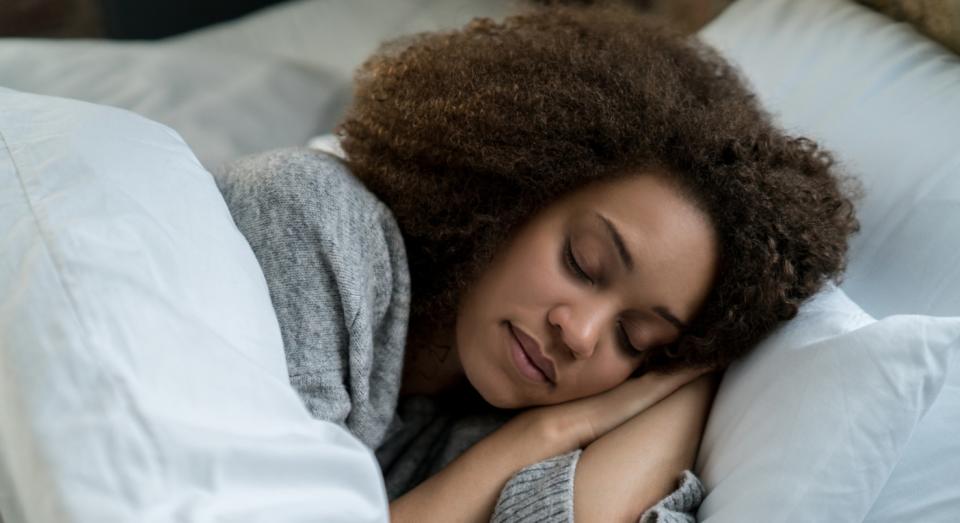Sleep calculator reveals exact time you should go to bed
Sleep is imperative to how we operate each day. So when we don’t get enough shut eye, it can leave us feeling lethargic and moody.
While medical experts recommend adults get seven to nine hours of sleep per night, sometimes you can still feel tired even when you are getting the right amount of sleep.

Luckily, there’s a sleep “calculator” that can help with this.
The way the calculator works is that it considers sleep cycles - which last around 90 minutes each, and are a mix of light sleep, rapid eye movement (REM) sleep and deep sleep.
Ideally, humans should get through five to six sleep cycles a night.
To use the calculator, made by retailer Hillarys, simply enter the time you need to wake up the next morning and it will tell you when you should be hitting the hay.
For example, if you like to wake up at 7:30am, the calculator suggests you should head to bed at 10:16pm, 11:46pm, 1:16am or 2:46am to wake up feeling rested.
RELATED:
These timings take into account the fact that the average person takes around 14 minutes to fall asleep.
If all goes to plan, and you fall asleep within 14 minutes and wake up at the desired time, you should feel well rested.
If you find yourself feeling tired throughout the day, there may be a problem.
According to Dr Elise McGlashan, research fellow at the Turner Institute for Brain and Mental Health at Monash University, not having a healthy sleep pattern is associated with serious health consequences.
“In the long-term, not getting the sleep you need is associated with a whole range of health problems. This includes depression, diabetes and other metabolic problems, heart disease, and neurodegenerative conditions such as dementia,” she previously told Yahoo News Australia.
According to Dr McGlashan too much sleep can also be an indicator that you need to change some bad habits.
“Extreme fatigue or tiredness can be related to a number of different physical and mental health problems, or could be a sign that your sleep quality perhaps isn’t as good as it could, or should be.”
Reporting by Laura Hampson.
Never miss a thing. Sign up to Yahoo Lifestyle’s daily newsletter.
Or if you have a story idea, email us at lifestyle.tips@verizonmedia.com.

 Yahoo Lifestyle
Yahoo Lifestyle 

